
Taxi・Bus (with audio)
Japan Travel Phrases 360/日本旅行会話集 バス停はどこですか? Where is the bus sto...

Japan Travel Phrases 360/日本旅行会話集 バス停はどこですか? Where is the bus sto...

Japan Travel Phrases 360/日本旅行会話集 どちら様ですか? Who's speaking, please...

Japan Travel Phrases 360/日本旅行会話集 それはおもしろい。 That’s interesting! 音...

Japan Travel Phrases 360/日本旅行会話集 フリータイムには何をするのが好きですか? What do you...

Japan Travel Phrases 360/日本旅行会話集 元気ですか? Genki desu ka? How are you...
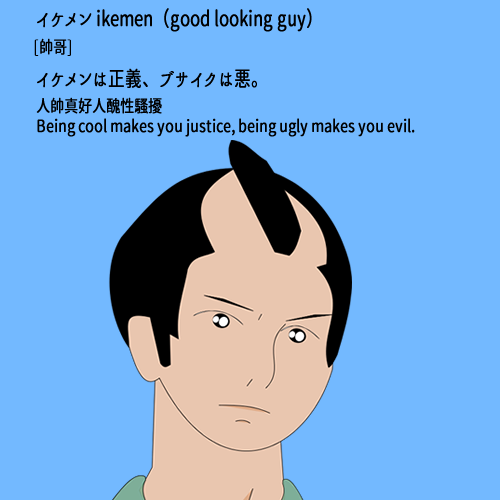
イケメンは正義、ブサイクは悪。 いけめんはせいぎ、ぶさいくはあく。 ikemen wa seig,i Busaiku wa aku. ...
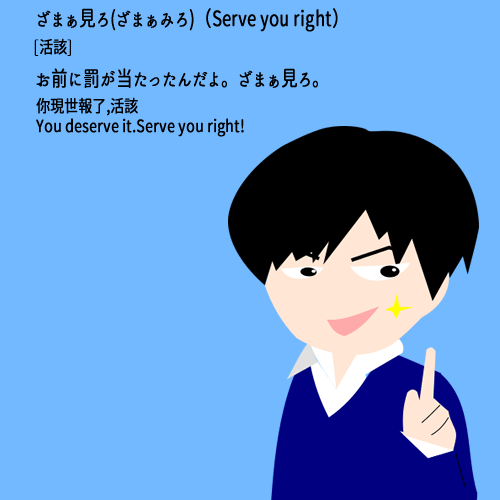
ざまぁ見ろ (ざまぁみろ) 【zamaa miro】 What does ざまぁ見ろ(ざまぁみろ)【zamaa miro】 mea...

プライバシーポリシー 当アプリのお客様の個人情報を適切にお取扱いいたします。 「プライバシー・ポリシー」は、「当社」が配信...
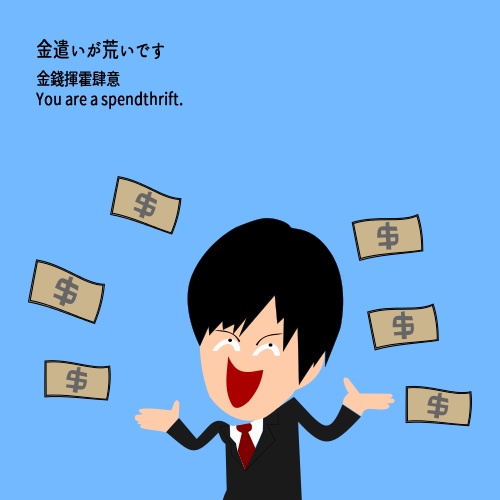
金遣いが荒いです。(かねづかいがあらいです。)Kanedukai ga arai desuYou are a spendthrift. ...
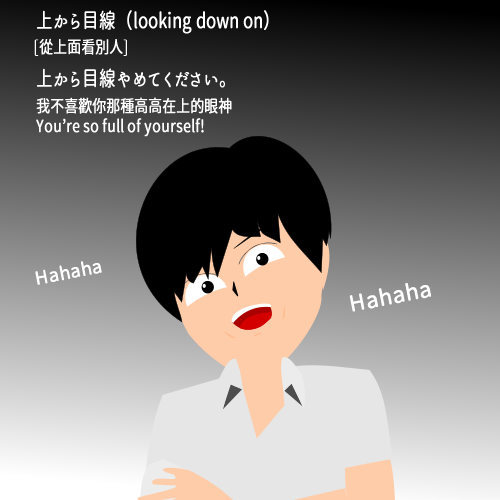
上から目線(うえからめせん)【looking down on】 上から目線やめてください。(うえからめせんやめてください。)You're ...

窓際族(まどぎわぞく)madogiwazoku【dead wood】 私は窓際族です。(わたしはまどぎわぞくです。)I am a memb...
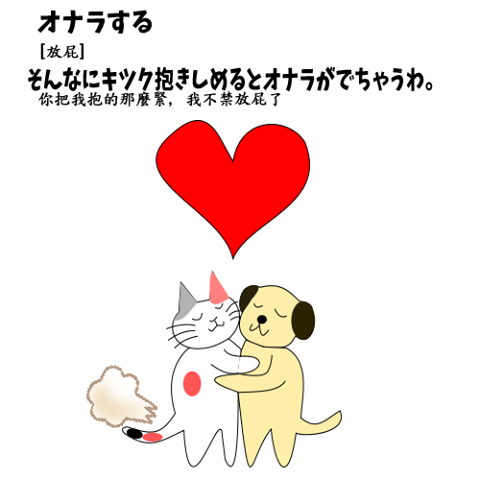
オナラする(おならする)【onara suru】to wind; gas; fart そんなにキツク抱きしめるとオナラがでちゃうわ。You...
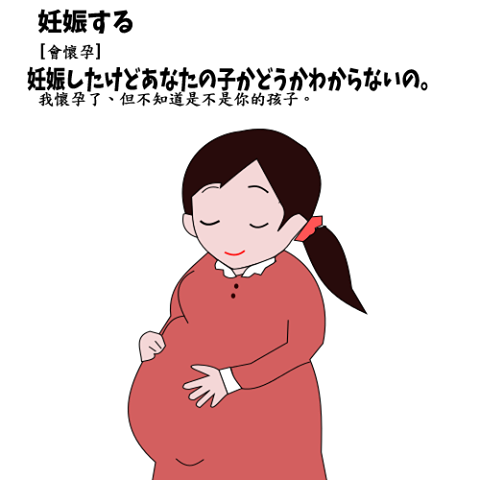
できちゃった婚(できちゃったこん)【shotgun wedding, shotgun marriage】 妊娠したけどあなたの子かどうかわ...
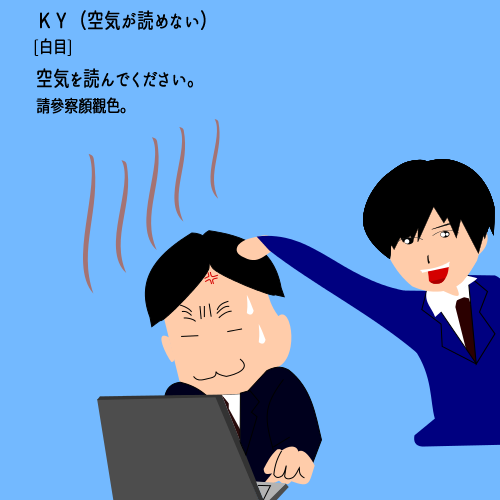
空気を読んでください。(くうきよんでください。)Take a hint. What Does KY Mean? It is pron...
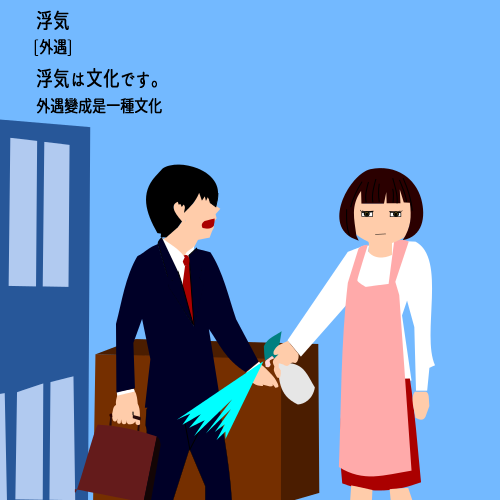
浮気【cheating for love】浮気は文化です。(うわきはぶんかです。)The heart wants what it wants...
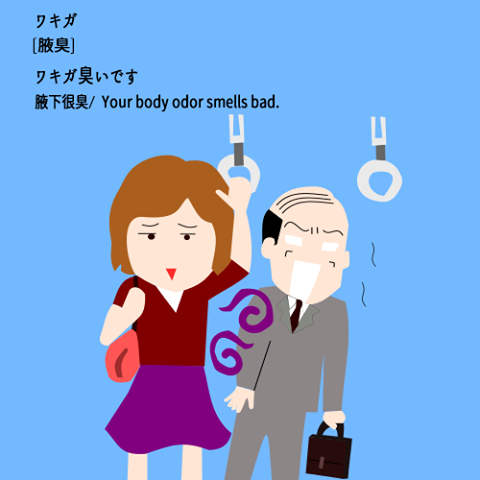
Wakiga is like B.O., as in body odor.【body odor】ワキガ臭いです。(わきがくさいです。)...

添い寝(そいね)添い寝しましょうか?(そいねしましょうか?)Shall we sleep together? Meanings for...

やかましいわ、ボケ( Yakamashii wa ,boke)Loud it 's a blur ! Today we will intr...
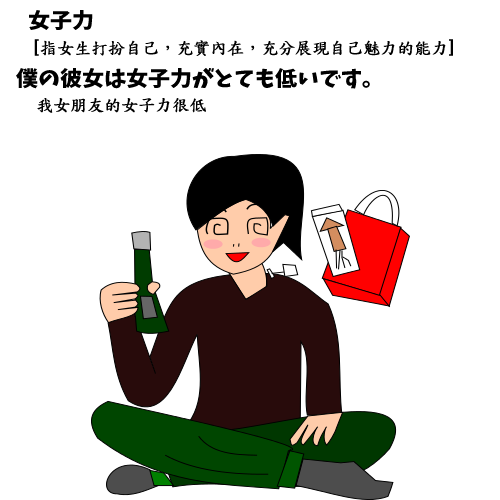
僕の彼女は女子力がとても低いです。ぼくのかのじょはじょしりょくがとてもひくいです。 My girl friend is not femin...

パシリ(Pashiri)パシリに行って来い(ぱしりにいってこい) Today I will introduce very useful J...
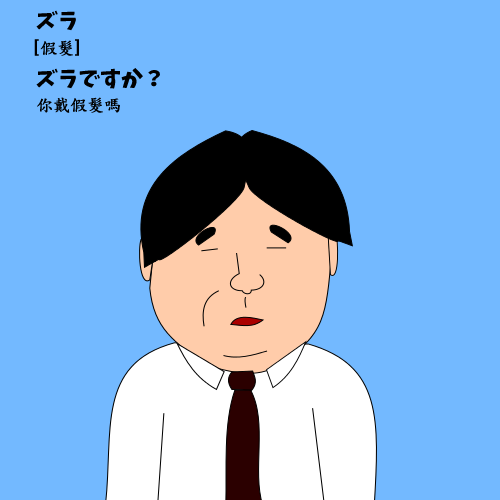
ヅラですか? Zura desu ka? Are you wearing a toupee? Today I will introdu...

Today we will introduce you this slang: でしゃばりクソばばあ/deshabari kusobaba...
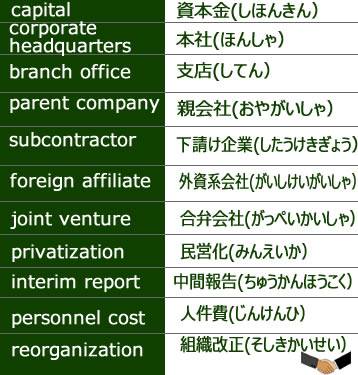
Useful 「Business Management」(経営・管理) words in Japanese. Business Man...

BJTビジネス日本語能力テスト練習問題5 正しい答えを選んでください。 Question(問題): ...

BJTビジネス日本語能力テスト練習問題4 正しい答えを選んでください。 Question(問題): ...
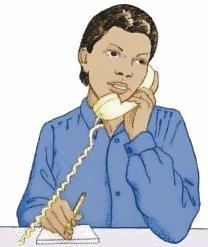
BJTビジネス日本語能力テスト練習問題3 正しい答えを選んでください。 Question(問題): ...

BJTビジネス日本語能力テスト練習問題2 正しい答えを選んでください。 Question(問題): ...

BJTビジネス日本語能力テスト練習問題1 正しい答えを選んでください。 Question(問題): ...

JLPT N2 日本語能力試験N2級読解練習1 文を読んで正しい答えを選んでください。 Question(問題): ...

JLPT N3 日本語能力試験N3級読解練習3 文を読んで正しい答えを選んでください。 Question(問題): ...

JLPT N3 日本語能力試験N3級読解練習2 文を読んで正しい答えを選んでください。 Question(問題): ...

JLPT N3 日本語能力試験N3級読解練習1 文を読んで正しい答えを選んでください。 Question(問題): ...

JLPT N4 日本語能力試験N4級読解練習5 文を読んで正しい答えを選んでください。 Question(問題): ...

JLPT N4 日本語能力試験N4級読解練習4 文を読んで正しい答えを選んでください。 Question(問題): ...

JLPT N4 日本語能力試験N4級読解練習 3 文を読んで正しい答えを選んでください。 Question(問題): ...

JLPT N4 日本語能力試験N4級読解練習 2 文を読んで正しい答えを選んでください。 Question(問題): ...